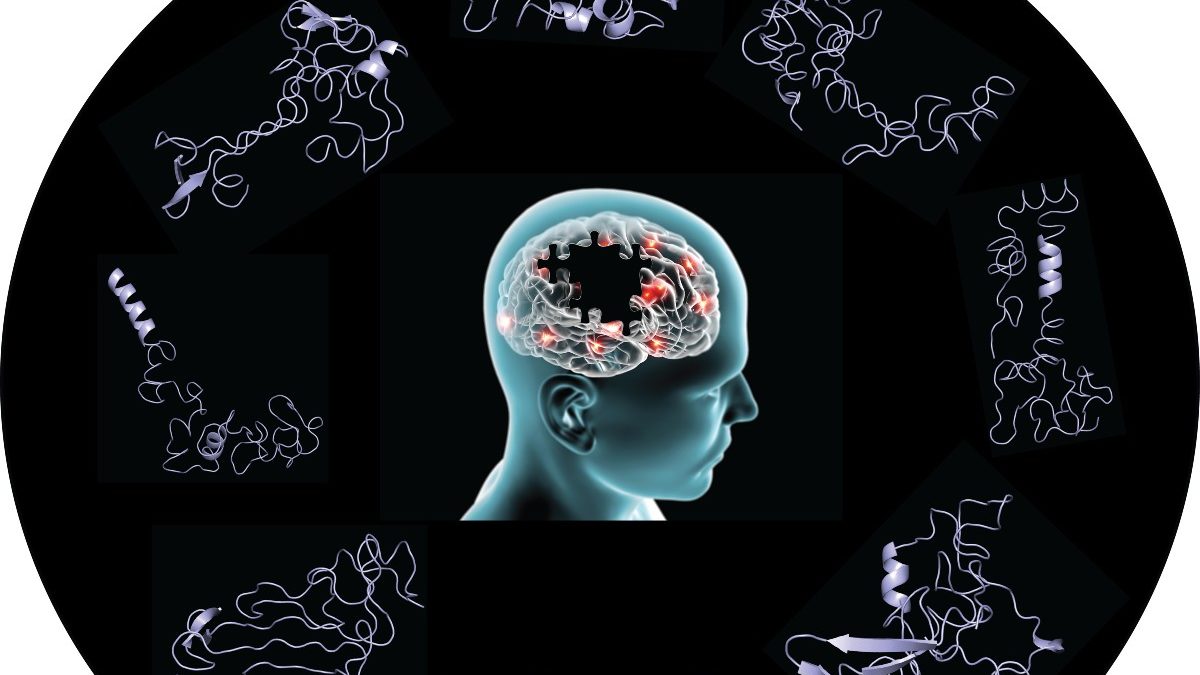Hebrew U, Penn State Research Could Slow Parkinson’s
The findings of researchers from The Hebrew University of Jerusalem and Penn State College of Medicine could guide the development of new therapeutics to delay or even halt the progression of neurodegenerative diseases such as Parkinson’s.
The researchers have developed an integrative approach, combining experimental and computational methods, to understand how individual proteins may form harmful aggregates, or groupings, that are known to contribute to the development of Parkinson’s disease.
In a paper published on Wednesday in the journal Structure, the researchers detailed their methodology for studying the different conformations of alpha-synuclein, a protein that helps regulate the release of neurotransmitters in the brain and is found in neurons. It exists as a single unit, but commonly joins together with other units to perform cellular functions. When too many units combine, it can lead to the formation of Lewy bodies, which are associated with neurodegenerative diseases like Parkinson’s Disease and dementia.
Although researchers know that aggregates of this protein cause disease, how they form is not well understood. Alpha-synuclein is highly disordered, meaning it exists as an ensemble of different conformations, or shapes, rather than a well-folded 3D structure. This characteristic makes the protein difficult to study using standard laboratory techniques – but the research team used computers together with leading-edge experiments to predict and study the different conformations it may fold into.
The researchers used data from previous experiments to program the molecular dynamics of the protein into their calculations. Their experiments revealed the conformational ensemble of alpha-synuclein, which is a series of different shapes the protein can assume. Using leading-edge experiments, the researchers found that some shapes of alpha-synuclein are surprisingly stable and last longer than milliseconds. They said this is much slower than estimates of a disordered protein that constantly changes conformations.
The identification of stable forms of alpha-synuclein opens up possibilities for the development of drugs that can regulate the function of this protein.


